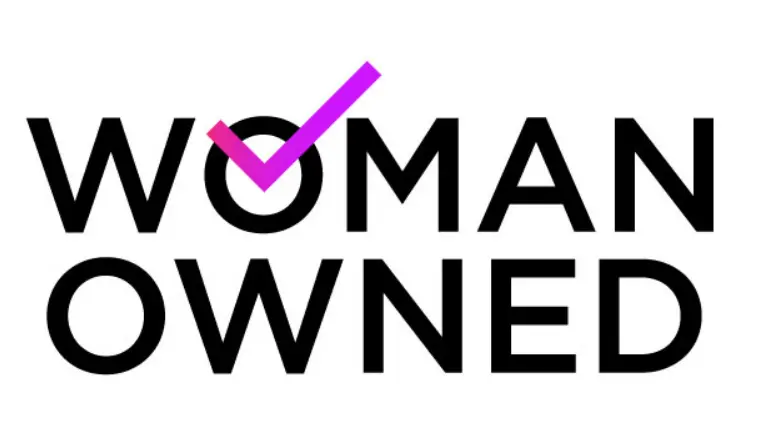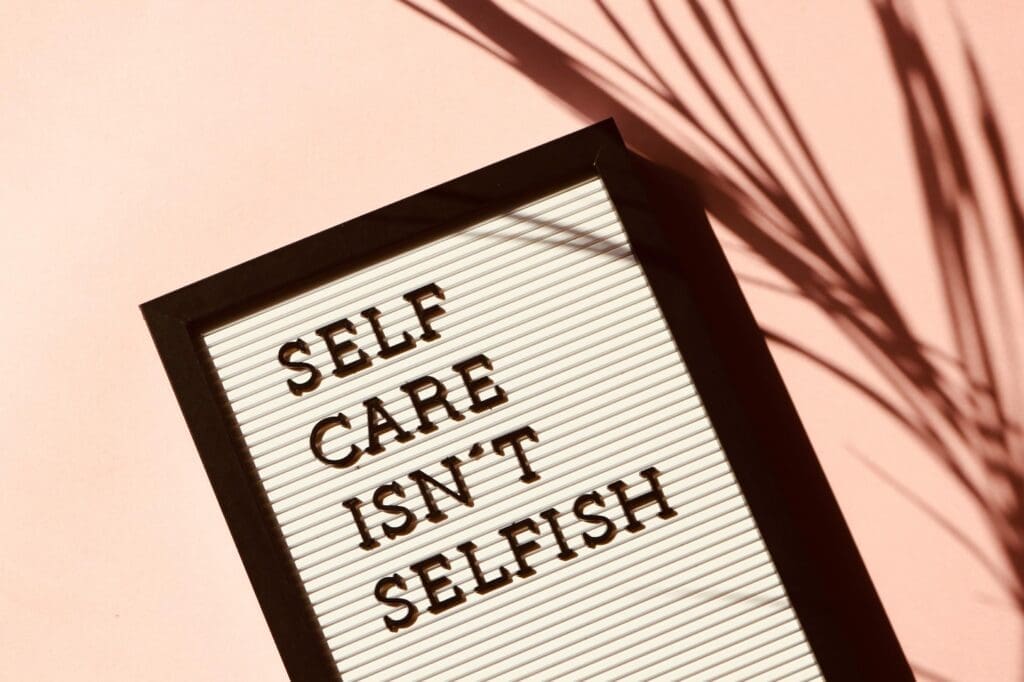Every summer, nearly everyone strives for a “perfect summer body” that is “thin”, “fit” and “tan”. We see videos, pictures, films, TV shows and social media content of “slim” and “athletic” models in swimsuits on the Internet and social media. We are all targeted and influenced by this, regardless of gender.
Not only is this “ideal body type” unrealistic, but especially difficult to achieve considering the hardships we have all faced this past year with the COVID-19 pandemic. It is completely normal to have stretch marks, moles, scars, cellulite, thigh gaps, no thigh gaps, jiggly thighs or fat on your body. Instead of shaming others and ourselves, we should be accepting our bodies and viewing them in a positive light, regardless of size.
Weight gain shouldn’t be seen as a bad thing, but instead a reflection of how our bodies are responding to what we have endured this past year. Many of us have experienced unemployment, being asked to work in unsafe environments, loneliness, inability to access resources, online learning, sickness or death. These drastic life changes can affect our mental and physical health.
In 2020, The National Eating Disorders Association (NEDA) reported over a 40 percent increase in messages to its telephone and helplines as compared to 2019.
People who are unhappy with their bodies and lack adequate nutrition, education, support and information may develop eating disorders. An eating disorder is an unhealthy relationship with food. Eating disorders can take on many forms including unhealthy binging, dieting, purging or fasting. It interferes with one’s daily life and routine and causes additional stress and hardship.
It is important to distinguish between an eating disorder and disordered eating. In contrast, disordered eating is when one eats for comfort, love, safety or to numb out their enviornment. This can stem from one’s upbringing and how society, media and culture shapes their relationship to food.
We can allow these behaviors to exist, but in order to adjust disordered eating and view food in a more accepting and enjoyable light, we can’t let them control us.
The hardships that come with eating disorders or disordered eating are intensified for BIPOC or LGBTQIA+ communities living in stressful or stigmatizing environments. NEDA reported that 54 percent of LGBTQ surveyed had suffered from an eating disorder at some point in their lives.
In addition, the study showed a higher prevalence of binge eating disorders in Black, Hispanic and Asian youth as compared to Caucasian. Disordered eating behaviors could be related to food insecurity in marginalized communities where healthy, nutritious foods are too expensive.
Instead of adding body dysmorphia to our long list of worries, we should be appreciative of our bodies and how they cope differently for everyone amidst enduring stress. Body dysmorphia occurs when we don’t visually see or believe an accurate reflection of our bodies. For example, someone may believe they are “fat” when, in reality, they are average-sized. Someone with body dysmorphia might also perceive themselves as “too thin” because they want more muscle definition.
If you have experienced weight fluctuations, it is completely normal and does not reflect your self worth. Changing the way we think about our bodies requires consistent mental effort to create a change.
Here are a few ways you can practice body positivity this summer and feel good in your own skin:
1. Think Healthy, Not “Skinny”
Unless told specifically by a doctor, you should not be framing your self worth, fitness goals or meals around numbers you want to see on the scale. Exercise and food should be seen as what is good for your body – not a reward or punishment. Being neutral can help you move into a place of acceptance.
Everyone is different – what we need as well as what works best is very individualized for each person and is a complex equation of mind, body, genetics, age, ethnicity, culture, gender, and more. Incorporating gratitude into your daily routine can increase your acceptance and happiness. Try to be appreciative of all the things your body can do and the way it responds to your environment.
2. Positive Affirmations
Give yourself daily verbal encouragement. Although this sounds silly, be consistent and you will start to see improvements. Write it down, say it to yourself or put daily reminders on your phone.
You can also follow our Instagram where we post daily affirmations and tips for dealing with stress.
3. Counter Negative Thoughts With Positive Ones
As humans, we are naturals at finding flaws and ruminating negative thoughts. Once we find something wrong with our body, we tend to fixate on it.
When you catch yourself doing this, break the cycle by “stomping the ANTS” (Automatic Negative Thoughts). Replace the thought with a more positive one: Make a list of all the things you love about your body and the things that it helps you do. You don’t deserve verbal abuse from anybody, especially from yourself.
With vaccinations on the rise and life returning somewhat back to “normal”, we hope this summer brings you more connection to others and appreciation for your body. After all, you have endured quite a lot the past year.
If you are struggling with an eating disorder, you can schedule an appointment with us at https://joellerabowmaletis.com/contact-us/ or call us at (650) 386-6753.
Here are some helplines for individuals struggling with eating disorders:
- For support, resources, and treatment options for yourself or a loved one who is struggling with an eating disorder, call or text the National Eating Disorder Association (NEDA) helpline at (800) 931-2237.
- If you or someone you know is experiencing an eating disorder or needs treatment referrals, call the National Association of Anorexia Nervosa and Associated Disorders (ANAD) helpline at (888)-375-7767.
- If you are experiencing suicidal ideations please call the National Suicide Prevention Lifeline at 800-273-8255.




